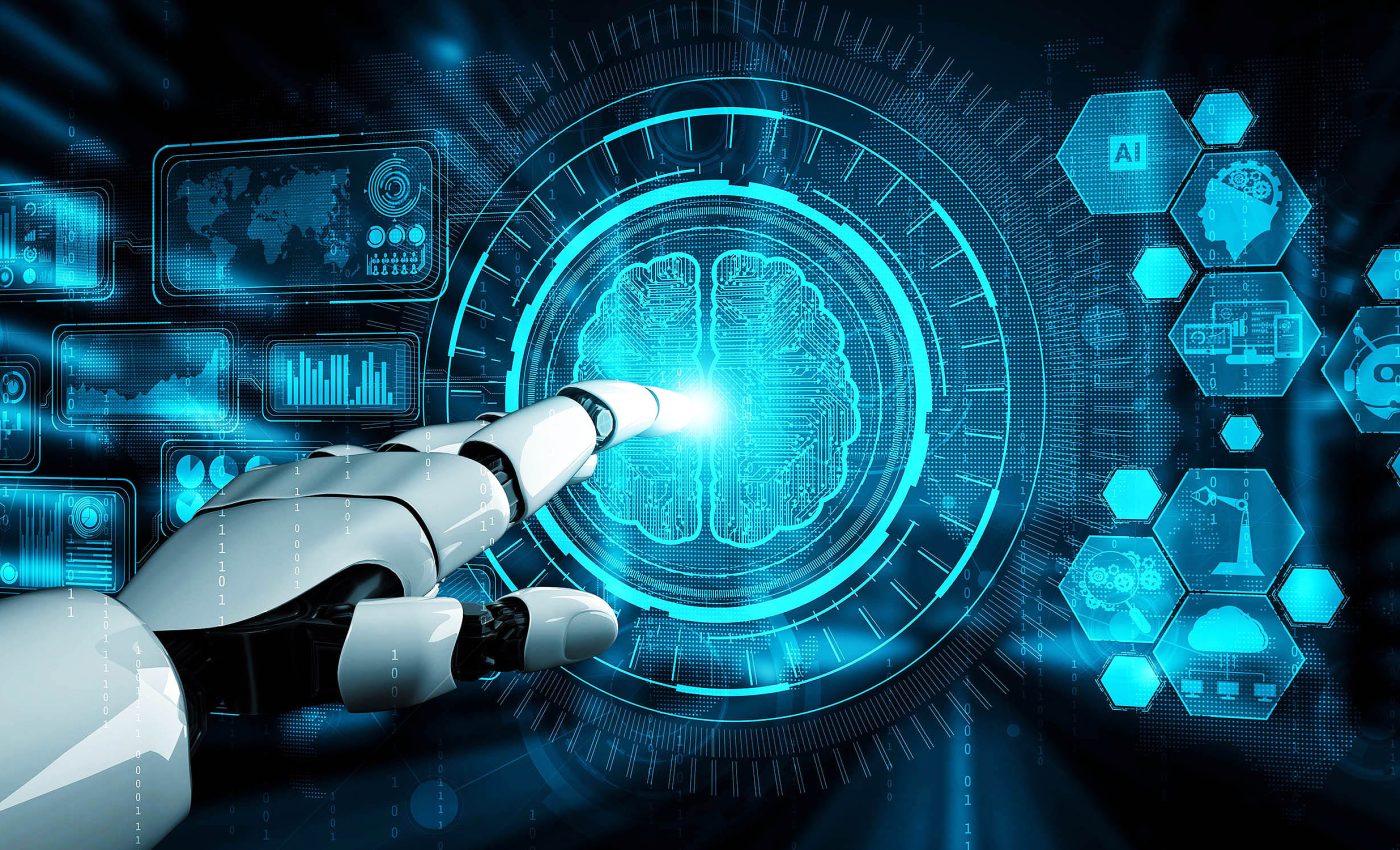
AI tool is better at predicting Alzheimer’s disease than current tests
Are you familiar with the exhausting battle millions of people worldwide are fighting against dementia? If so, you’ll agree that one of the most pressing challenges they face is early detection of diseases such as Alzheimer’s, where AI can play a crucial role.
A team of Cambridge scientists has knitted together tech threads to provide a ray of hope in this fight. They’ve created an artificially intelligent tool for predicting whether people with early dementia signs will develop Alzheimer’s disease or remain stable.
Purpose and promise of the AI tool
Did you know that Alzheimer’s disease is at the root of 60-80% of dementia cases? The catch is that early detection carries the promise of more effective treatments.
Yet, it’s a catch-22 situation: Early diagnosis often hinges on expensive or invasive tests which many memory clinics can’t offer. Hence, the grim reality of misdiagnosis or late diagnosis. Enter the AI tool.
The team, led by Professor Zoe Kourtzi from the University of Cambridge’s Department of Psychology, conceived an advanced machine learning model.
According to their research, this model outperforms current clinical diagnostic tools in predicting Alzheimer’s progression.
Mechanics of the Alzheimer’s AI tool
The ingenious prediction power of this model relies on non-invasive, low-cost patient data. Cognitive tests and structural MRI scans, showing grey matter atrophy from over 400 individuals, provided the backbone for the AI model.
The model didn’t stop at theoretical potential. It confronted real-world conditions, with patient data from a further 600 US cohort participants and longitudinal data from 900 people from UK and Singapore memory clinics.
And how did it fare? With flying colors. The algorithm could tell apart people with stable mild cognitive impairment and those progressing to Alzheimer’s disease within three years.
The AI tool identified people developing Alzheimer’s correctly in 82% of cases and identified those who didn’t in 81% of cases from cognitive tests and MRI scans alone.
Accuracy and patient wellbeing
“We’ve created a tool which, despite using only data from cognitive tests and MRI scans, is much more sensitive than current approaches at predicting whether someone will progress from mild symptoms to Alzheimer’s – and if so, whether this progress will be fast or slow,” noted Prof. Kourtz.
“This has the potential to significantly improve patient wellbeing, showing us which people need closest care, while removing the anxiety for those patients we predict will remain stable. At a time of intense pressure on healthcare resources, this will also help remove the need for unnecessary invasive and costly diagnostic tests.”
The implications are far-reaching. Significantly reduced misdiagnosis rates, improved patient wellbeing, and avoidance of unnecessary invasive and costly diagnostic tests are all on the table.
The model also proved to be a crystal ball, forecasting the course of Alzheimer’s progression in patients. Who would remain stable? Who would slowly progress? And who would deteriorate rapidly? The model could tell, and its predictions rang true when cross-verified with follow-up data over six years.
Human face of AI for Alzheimer’s
As Prof. Kourtzi points out, the AI tool shines by being sensitive yet straightforward, using only cognitive tests and MRI scans to predict Alzheimer’s progression.
The tool promises to work as a guide, showing which patients need the most care and calming those predicted to remain stable. To those familiar with the intense pressure on healthcare resources, it’s a sight for sore eyes.
And there’s more. The model distinguishes people who have memory loss symptoms but remain stable. This differentiation, as Prof. Kourtzi points out, helps redirect them to a different clinical pathway since their symptoms may stem from other causes, such as anxiety or depression.
Beyond the lab
The team’s algorithm isn’t an ivory-tower innovation. It faced the real-world test with nearly 900 individuals from UK and Singapore memory clinics. And it successfully passed.
“Memory problems are common as we get older. In clinic I see how uncertainty about whether these might be the first signs of dementia can cause a lot of worry for people and their families, as well as being frustrating for doctors who would much prefer to give definitive answers,” expressed Dr. Ben Underwood, assistant professor at the Department of Psychiatry, University of Cambridge.
The fact that we might be able to reduce this uncertainty with information we already have is exciting and is likely to become even more important as new treatments emerge.”
Importantly, the team trained and tested the AI model on routinely-collected data from patients in actual memory clinics. As Prof. Kourtzi underscores, this proves that the model can generalize to a real-world setting.
The team’s vision doesn’t stop here. They plan to stretch their AI tool to other forms of dementia, such as vascular dementia and frontotemporal dementia, and to integrate different data types, like markers from blood tests.
It’s clear: the team’s mission to tackle the growing health challenge presented by dementia is just starting to gather steam.
The study is published in the journal EClinicalMedicine.
—–
Like what you read? Subscribe to our newsletter for engaging articles, exclusive content, and the latest updates.
Check us out on EarthSnap, a free app brought to you by Eric Ralls and Earth.com.
—–













